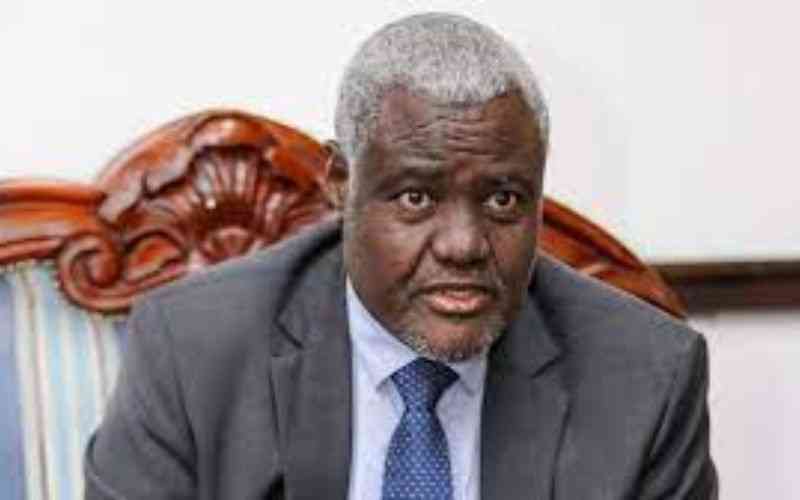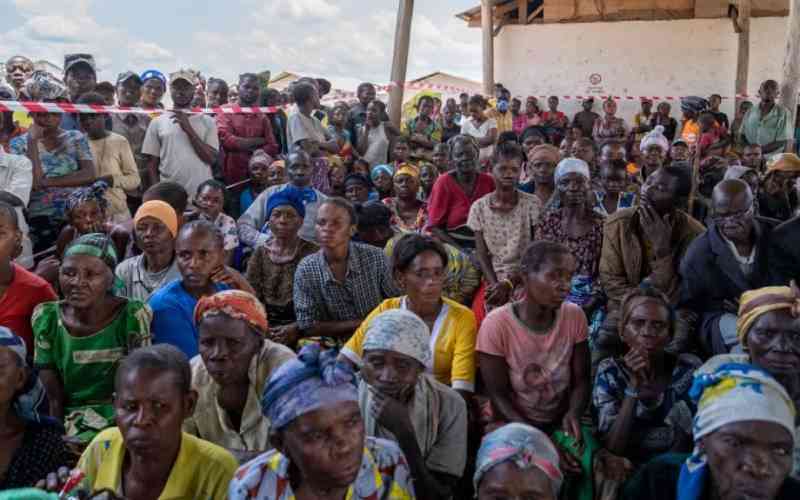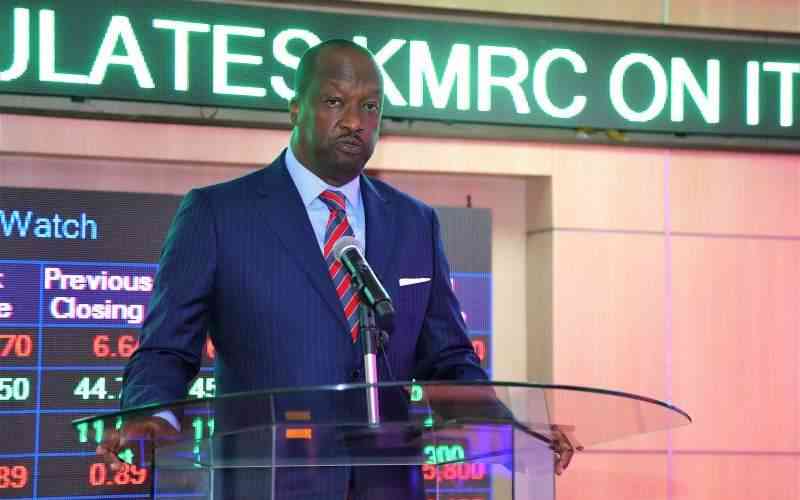By challenging investors to look beyond the country’s borders, Kenya’s Ambassador to the Democratic Republic of Congo, Dr George Masafu, set an example that other envoys could follow for the benefit of the people who are paying their salaries and allowances that allow them to live like royalty.
Dr Masafu also challenged Kenyan teachers and lecturers to go beyond demonstrating in the streets for higher pay and consider studying French, where necessary, to take up positions that are open in DRC and Congo Brazzaville, a former French colony whose economy is growing at about 10 per cent a year.
Equity Bank’s recent acquisition of 79 per cent equity stake in Congolese bank Pro-Credit and its ambition to be the hub of financial services in the Eastern and Central African countries means that investors and other business people, including wholesalers and retailers, from Kenya would have easier access to capital at both ends.
Perhaps the Ministry of Foreign Affairs which is, in December, hosting the World Trade Organisation (WTO) meeting, would be doing the country a favour were it to have a website showing investment and trade opportunities available in the region. To be of use, the information on the website should indicate the commodities that are in demand and the contacts that interested investors and businesses people should get in touch with complete with timelines where applicable.
The Kenya National Chamber of Commerce and Industry could also take the challenge and initiate discussions with their counterparts in these countries that would open the way for their members. Obviously, individuals would have to play their part to benefit from these opportunities.
But a more beneficial longer-term strategy would be for Kenya to speed up the implementation and completion of plans to make the country a truly regional hub for finance, commerce and industry. Surely, it should be obvious to the mandarins at State House and Treasury that the country has a tremendous potential to become the ‘Dubai’ of Africa, South of the Sahara. Its central position at the very heart of the continent means that it can turn itself into a duty-free hub of all the merchandise imported from Europe and Asia.
The establishment of the duty-free port should be closely followed by the setting up of a national shipping line whose mandate would be to ensure that the freight cost of goods bought at the port do not exceed those of shipping the same from Dubai and elsewhere.
Past experience has shown that international shipping lines have no qualms about coming up with questionable charges aimed at making a port uncompetitive. The only way to counter this practice is to own a credible shipping line dedicated to trans-shipping goods within the continent, particularly between the Atlantic and Indian Ocean.
To the critics who may be tempted to argue that the country had a national shipping line which was grossly mismanaged, the simple answer is that Kenya is a different country from the one that existed then. Furthermore, there is a need to appreciate that no country, or even individual, can move forward by looking backwards. This explains why motor vehicles have a wide windscreen but a small side mirror.
The same is true of planes and ships. Their captains are focused in front and not backwards. Becoming a local ‘Dubai’ would not only sharply increase the number of tourists visiting the country but would give it an opportunity to set up manufacturing plants to produce some of the goods imported from elsewhere.
That this is not a pipe-dream is attested to by the fact that no less a country than China has chosen Kenya as a regional hub for manufacturing and commerce. Many companies from Europe and the Americas have also discovered the importance of making Kenya their regional hub for East and Central Africa.
Unfortunately, Kenya has until now been the joker in the pack; it has failed to give these companies the push they need to speed up the establishment of plants locally. Instead, quite a few of the companies view the country as a huge warehouse.
Although this offers locals a few jobs, the jackpot would be if they were to manufacture these goods locally, preferably, using locally available raw materials.
 The Standard Group Plc is a
multi-media organization with investments in media platforms spanning newspaper
print operations, television, radio broadcasting, digital and online services. The
Standard Group is recognized as a leading multi-media house in Kenya with a key
influence in matters of national and international interest.
The Standard Group Plc is a
multi-media organization with investments in media platforms spanning newspaper
print operations, television, radio broadcasting, digital and online services. The
Standard Group is recognized as a leading multi-media house in Kenya with a key
influence in matters of national and international interest.
 The Standard Group Plc is a
multi-media organization with investments in media platforms spanning newspaper
print operations, television, radio broadcasting, digital and online services. The
Standard Group is recognized as a leading multi-media house in Kenya with a key
influence in matters of national and international interest.
The Standard Group Plc is a
multi-media organization with investments in media platforms spanning newspaper
print operations, television, radio broadcasting, digital and online services. The
Standard Group is recognized as a leading multi-media house in Kenya with a key
influence in matters of national and international interest.









